Recently, the collaboration between WTT (World Table Tennis) and the Chinese Table Tennis Association seems to have sparked considerable controversy. Upon the release of this news, there was an immediate uproar, with people discussing the issues behind it. A seasoned sports journalist revealed that some companies cooperating with WTT are under investigation, and even officials have been implicated.
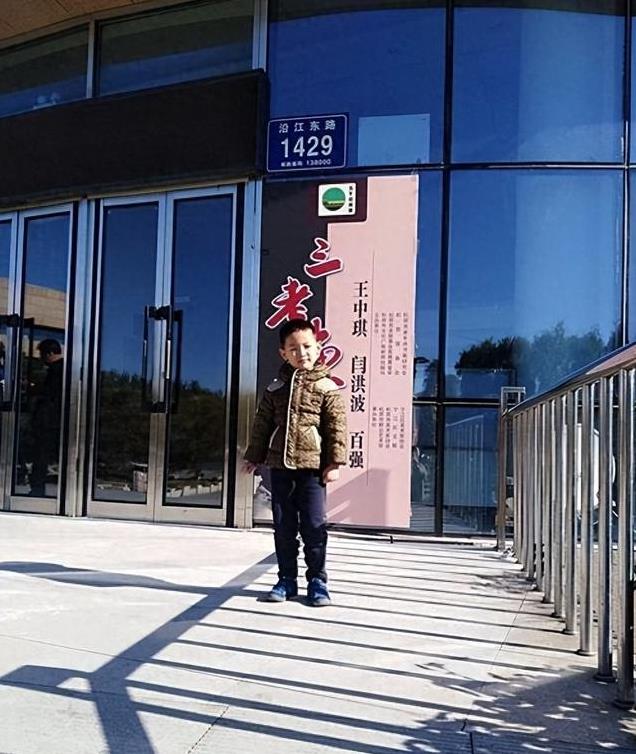
This news quickly garnered widespread attention, with many expressing hope for a fair and clean environment for athletes. More surprisingly, the journalist mentioned a name - Wang Zhongqi. This individual was once the head of the Henan Provincial Table Tennis Association and also served as Vice President of the Henan Provincial Sports General Association. In the past, he made significant efforts for the landing of WTT events in China, promoting the hosting of the WTT World Cup Finals in Xinxiang. He could be considered a crucial "link" between WTT and the Chinese sports world. WTT even awarded him the "Outstanding Contribution Award," which is not an award given to just anyone, but personally presented by Liu Guoliang.
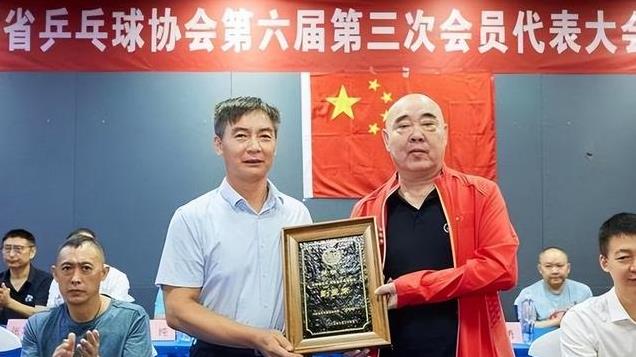
Unexpectedly, Wang Zhongqi is now under investigation due to personal issues, leaving many shocked. It appears that the matter is far from over, with ongoing reviews by relevant departments. Notably, the Chairman of the Chinese Table Tennis Association seems to have been made aware of the situation. Many netizens, upon seeing this news, felt a glimmer of hope.
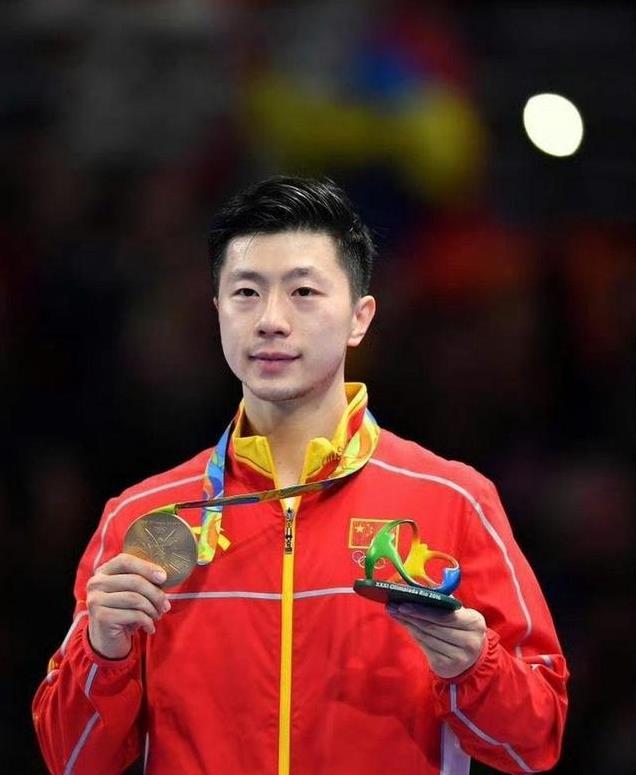
Some netizens commented, "I hope this time we can thoroughly clean up the chaos behind WTT; athletes really need a fair environment." Indeed, as more and more athletes withdraw from world rankings, the issues with WTT's competition system have drawn extensive external attention. The withdrawals of renowned Chinese table tennis players like Fan Zhendong, Chen Meng, and Ma Long, in particular, have raised concerns about the future competitive landscape.
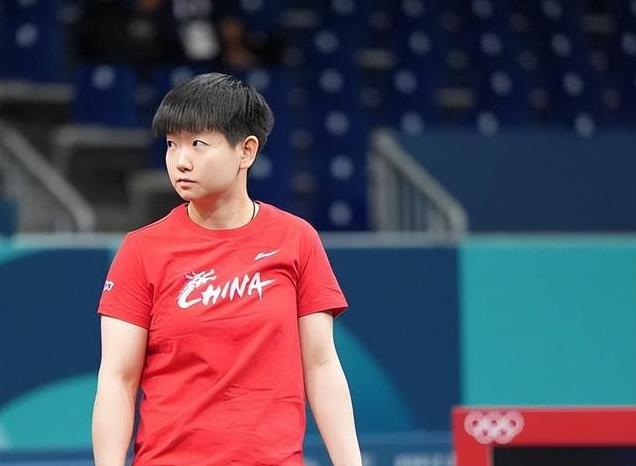
The International Table Tennis Federation (ITTF) does not seem to have taken a high enough stance on the issue. ITTF announced the establishment of a special investigation team to collect feedback from athletes and review existing systems. While this should be a positive signal, upon closer examination, what problems can collecting feedback actually solve? There is a general consensus that such lukewarm measures are hard to convince people.

Especially concerning is the connection between members of the investigation team and WTT, with some believing it may affect the fairness of the investigation. Not to mention, ITTF's shareholding ratio in WTT has changed, dropping from a once-held 100% to 85%, with the remaining 15% unaccounted for. These questions have also sparked heated discussions online.
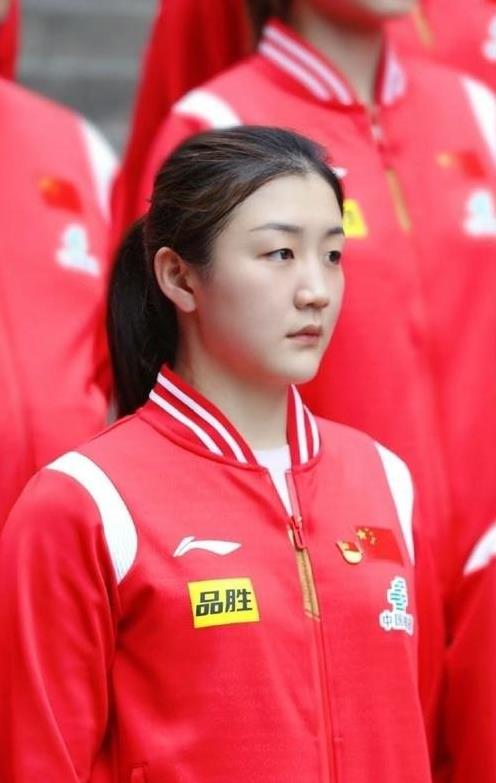
Some netizens expressed, "Can this investigation team truly be impartial? Everyone is questioning it, fearing that these people might collude inside and out, conducting a 'self-examination and self-correction,' only to find nothing." More perplexing is that while WTT has been organizing events, its financial report for 2023 remains unavailable. What exactly is going on here? It appears that the various issues behind WTT are not merely details but a massive "black hole."

As the situation unfolds, more and more inside information is being uncovered, and even athletes are beginning to speak out. For instance, French table tennis player Simon Gauzy publicly questioned the transparency of WTT event prize money. He discovered that between two grand prix events held in Singapore, the prize money differed by 25%. The prize money for the 2024 event is set at 1.5million,butthesame2023event′sprizemoneywasneverdisplayedontheofficialwebsite.Afterinvestigation,hefoundthatthe2023event′sprizemoneywasashighas2 million! These "mists" seem not as simple as they appear on the surface.
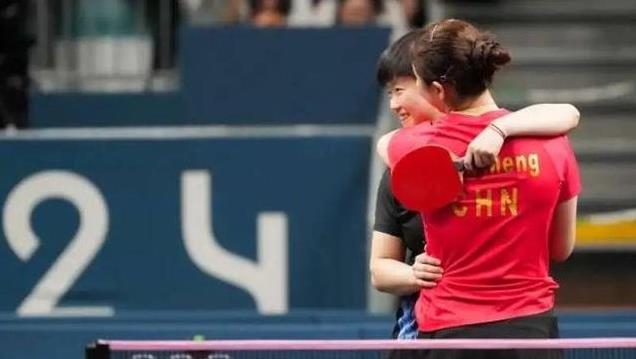
At this point, companies collaborating with WTT and the Chinese Table Tennis Association are also undergoing investigations by relevant departments. Increasing evidence suggests that the loopholes and problems behind this event are much more severe than initially perceived, potentially involving complex interest chains. As these issues come to light, netizens are also sharing their opinions.
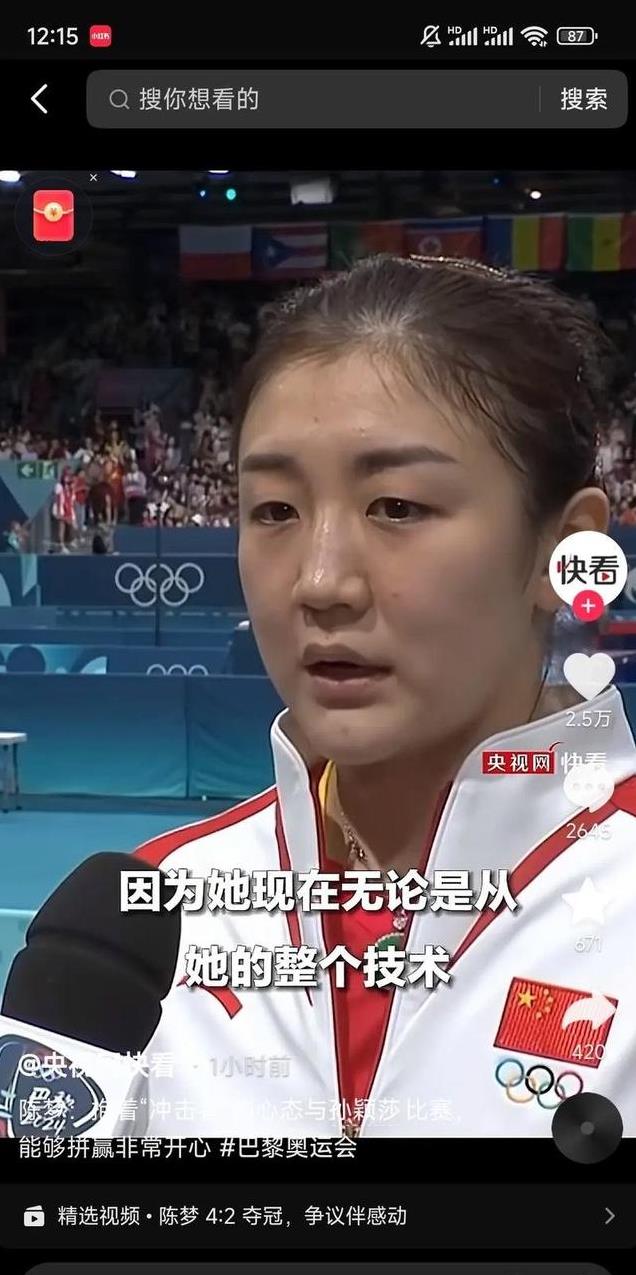
WTT has again released the world rankings for the second week of 2025, unsurprisingly, with athletes withdrawing from the world rankings once more. The retirements of veterans Wang Xinyu from Singapore and Chuang Chih-yuan from Chinese Taipei have refocused public attention on WTT's competition system issues. Wang Xinyu had plans to retire last year, and this withdrawal from the world rankings seems to be a step-by-step decision. In contrast, Chuang Chih-yuan's choice is more regrettable. Although he is over 43 years old and injuries make it difficult for him to continue competing, WTT's rule of "absence from matches results in fines" undoubtedly hastened his decision to withdraw.
All of this exposes the unreasonableness of WTT's competition system, where athletes' careers seem fragile in the face of these unfair regulations. Some netizens commented, "WTT's competition system is simply a joke; athletes have worked so hard for years, only to be forced to withdraw due to some inexplicable rules, which is too unfair to them." There are also voices pointing out that athletes' retirement choices are ultimately personal decisions, and perhaps they understand their physical conditions, not necessarily all due to WTT's competition system.
What concerns everyone the most are the young athletes, especially the top players of the national table tennis team. Although their achievements are already brilliant, due to restrictions imposed by WTT's competition system, they have no choice but to decide to withdraw from the world rankings. As a result, whether we can still see their presence on the international stage has become an undecided question. There are many questions in the hearts of fans regarding the future of these athletes.
All of this makes one wonder if WTT can resolve these issues in its future operations. Can the ITTF's investigation and reviews by relevant departments truly bring about change? Netizens are full of expectations for this series of changes, but what is more important is that these issues must receive a genuine solution. The table tennis court should no longer be a battleground for power struggles but a stage where athletes can truly demonstrate their abilities.
As more problems are exposed, netizens' voices are growing stronger. People hope to see not only investigations but an environment that genuinely cares for and respects athletes. It is hoped that in the near future, all controversies will be reasonably resolved, allowing table tennis to return to a healthy and standardized path.